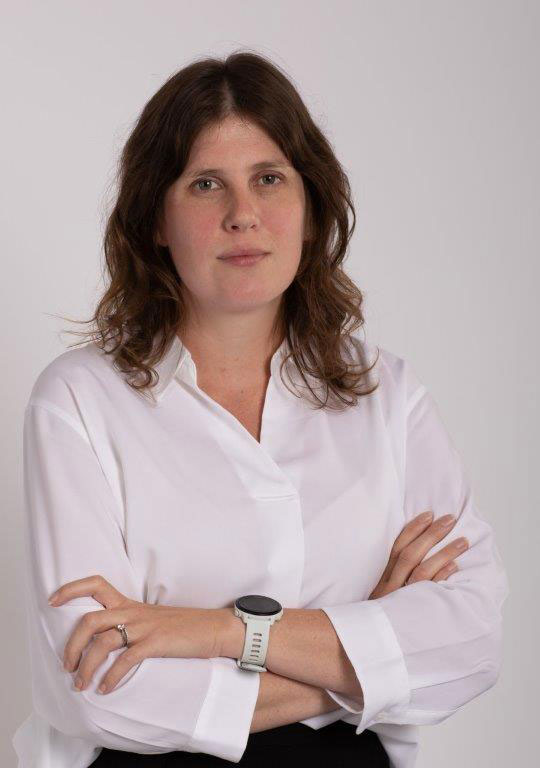Welcoming our new Director of Sustainable Development
 Rail is already the most efficient mode of long-distance transport for people and goods. However, there are greater challenges for the industry: enhancing its impact on the environment, local communities, and society, as well as delivering net zero.
Rail is already the most efficient mode of long-distance transport for people and goods. However, there are greater challenges for the industry: enhancing its impact on the environment, local communities, and society, as well as delivering net zero.
Rachael will be leading our work supporting the rail industry in tackling these key sustainability challenges.
Rachael previously led sustainability at Rolls-Royce plc. She has extensive experience in corporate sustainability across transport and energy—particularly in climate adaptation and decarbonisation, human rights, and corporate reporting.
She is a chartered environmentalist and a member of both the Institute of Environmental Management and Assessment and the Institute of Corporate Responsibility and Sustainability. Rachael also holds an MA Honours degree in sustainable development from the University of St Andrews.
Welcoming Rachael’s appointment, our Chief Executive Mark Phillips said:
‘It’s fantastic to welcome Rachael on board as our new Director of Sustainability.
‘Rachael’s expertise will be put to good use supporting our members [to] further improve the sustainability of the railway. The rail industry has a unique role in Britain’s future. It’s not just about moving people and freight in a sustainable way, but contributing to education, employment, decarbonisation, nature recovery, and improving quality of life.’
On her appointment, Rachael said:
‘I’m delighted to have joined RSSB at such an exciting time for the rail industry, with rail reform we have a perfect opportunity to really embed sustainability across the sector.
‘I look forward to working with RSSB members and communities across the wider sector to further implement the Sustainable Rail Blueprint to help create a more resilient and efficient rail network that preserves the natural environment and promotes social inclusion.’
